ASP.NET MVC Controller vs. Web API: Understanding the Key Differences
ASP.NET developers often face a common dilemma when building web applications: which should be employed; ASP.NET MVC controllers or Web API handling their application’s logic and serving of data. This blog post will examine distinct features of ASP.NET MVC Controllers vs. Web API; also, some C# code case studies.
ASP.NET MVC Controller:
The Model-View-Controller (MVC) framework in ASP.NET is perfect for creating web applications with intricate user interfaces. It is made to deal with visual rendering, user interactions, and state management for the application. MVC controllers are mostly responsible for HTML production and user interfaces.
This is a basic illustration of an action method for an ASP.NET MVC Controller:
public class ProductController : Controller
{
public ActionResult Details(int id)
{
// Retrieve product details from a data source
var product = productService.GetProductById(id);
// Render a view with product details
return View(product);
}
}In this example, the ProductController handles the rendering of product details on the web page.
Web API:
However, web APIs are meant for creating RESTful APIs which provide data of various forms including XML or JSON formats. It can be used to develop online applications, mobile app or web services which are meant to serve many users.
This is a simple illustration of a Web API controller:
public class ProductApiController : ApiController
{
[HttpGet]
public IHttpActionResult GetProduct(int id)
{
// Retrieve product details from a data source
var product = productService.GetProductById(id);
if (product == null)
{
return NotFound();
}
// Return product details in JSON format
return Ok(product);
}
}In this example, the ProductApiController serves product details as JSON data, making it suitable for client applications that consume this data via HTTP requests.
Key Differences:
- Use Case: ASP.NET MVC Controllers are used for building web applications with dynamic user interfaces, while Web API Controllers are used for exposing data and services over HTTP for various clients.
- Response Format: MVC Controllers typically return HTML views, while Web API Controllers return data in various formats, often in JSON or XML.
- Routing: MVC Controllers use conventional routing to handle requests based on URLs, while Web API Controllers use attribute-based routing for more fine-grained control.
- ActionResult: In MVC Controllers, you return
ActionResulttypes for rendering views or handling various HTTP responses. In Web API Controllers, you returnIHttpActionResultfor HTTP-specific responses. - View vs. Data: MVC Controllers are focused on generating views and managing the application’s user interface. Web API Controllers are focused on providing data and services.
Conclusion:
ASP.NET apps’ right architectural decisions are predicated on knowledge of the variation that ASP.NET MVC controllers and web api controllers have. Although both tools serve different purposes, it’s crucial to select a solution that is suited towards the unique demands of your undertaking. Having this C# code samples will help understand when to use and when not to use each controller in your ASP.NET apps.


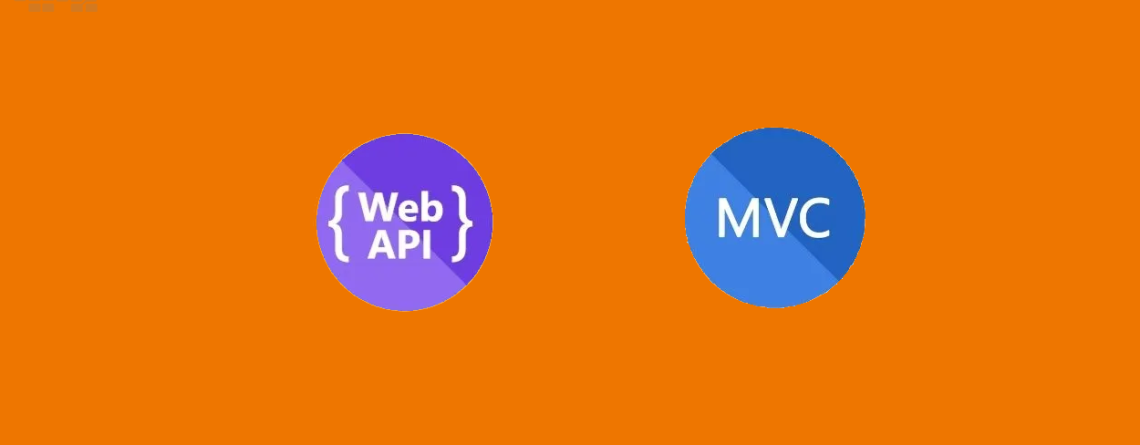
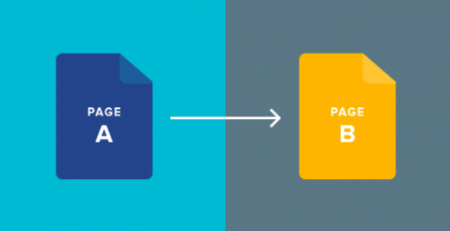
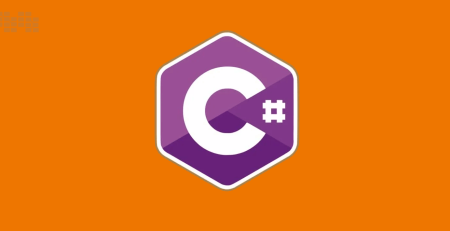
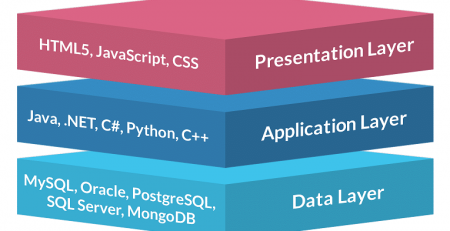

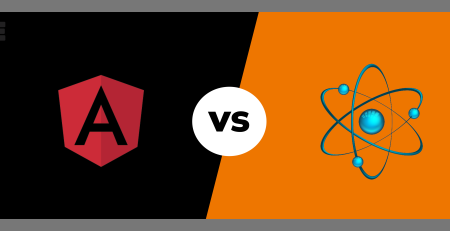
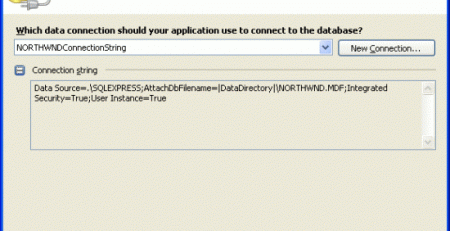


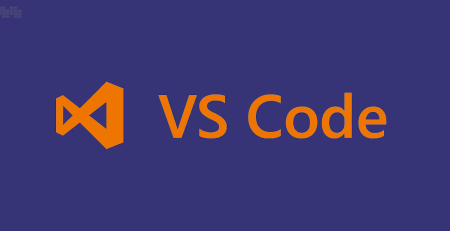
Leave a Reply